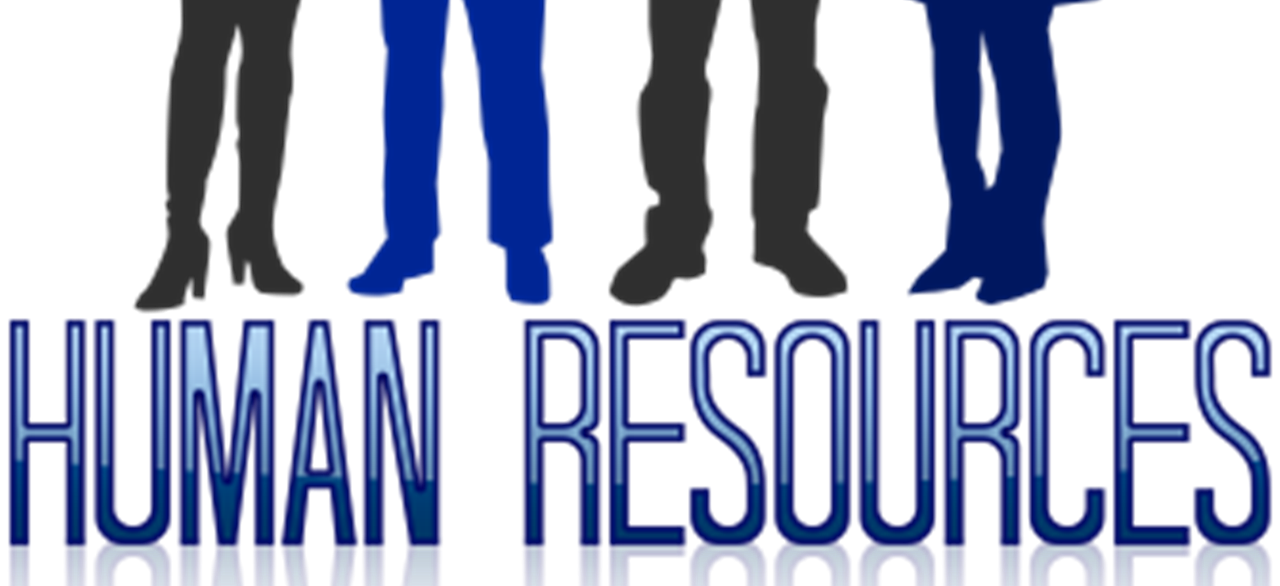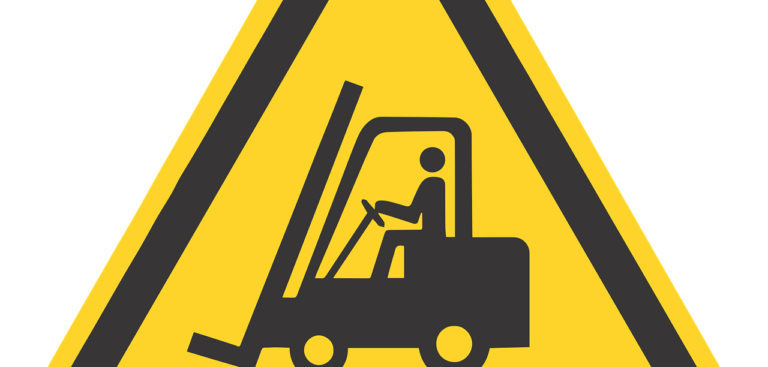
What Does HR Stand For and What Are Its Roles?
Human Resources is an important part of any corporate organization, since it manages its most precious asset: its personnel. Human resources is Stand for a variety of Roles that contribute to a company’s growth and success. In this post, we will look at What Does HR Stand For & What Are Its Roles in Different Sectors? and how it operates in various areas of the company management industry.
What Does HR Stand For?
Human Resources, or HR for short, is the name of the division inside a company that handles personnel management. HR is responsible for a number of tasks, including hiring, managing performance, training and development, employee relations, and adhering to labor laws and regulations.
What Is Human Resource Management (HRM)?
To maximize productivity and effectiveness, human resource management (HRM) is a systematic approach to managing a company’s workforce, work culture, and work environment. Usually, worker success is measured via the use of metrics.
What Are the 5 Types of Human Resources?
An HR department performs a wide range of key human resource activities. The five most common categories of obligations are:
- Recruit, hire, and onboard new employees.
- Manage employee salary and benefits.
- Providing job/career development opportunities for employees.
- Addressing individual work-related issues.
- Creating company-wide rules.
What are the 4 Roles of HR in Different Sectors?
1. Healthcare Industry
Human resources (HR) is critical in attracting and keeping healthcare professionals such as physicians, nurses, and administrative personnel. HR ensures that healthcare workers are properly trained and qualified to offer high-quality treatment to their patients. HR is also in charge of handling employee benefits, ensuring compliance with healthcare legislation, and providing a safe working environment.
2. Technology Industry
In the technology business, human resources is in charge of hiring highly qualified people including software developers, data scientists, and engineers. HR is critical in acquiring talent, educating and developing employees, and managing performance to ensure that technology firms have the staff they need to fuel innovation and expansion. HR also plays an important role in encouraging diversity and inclusion in technology organizations.
3. Retail Industry
HR is in charge of managing a big and diversified retail workforce that includes sales workers, store managers, and customer support agents. it’s responsible for recruiting retail employees, educating them in customer service and sales strategies, and assuring compliance with labor laws and regulations. HR also contributes to staff retention and engagement, which helps to decrease turnover in the retail sector.
4. Finance Industry
In the finance industry, HR plays a critical role in recruiting and retaining financial professionals such as accountants, financial analysts, and investment bankers. HR ensures that financial professionals have the necessary skills and certifications to perform their roles effectively. HR is also responsible for compliance with financial regulations, managing employee benefits, and promoting a culture of ethics and integrity within financial institutions.
Skills Required to Start working in Human Resources
Working in human resources requires a combination of workplace and technological abilities, such as communication and talent management systems. The particular abilities you require may vary based on the job you want, but the list below provides an overview of the sorts of talents valued in HR positions.
- Active listening: Practicing active listening skills will help you pay attention to critical details while also demonstrating to employees that you appreciate their time and perspectives.
- Analysis: Human resources professionals frequently utilize data to assess recruitment strategies and employee performance. Being able to comprehend this information can be useful.
- Administrative: Good organization, data entry, and analytical abilities, and the ability to manage numerous duties at once can be beneficial in HR positions.
- Communication: In an HR function, you’ll spend a lot of time talking to individuals during interviews, training sessions, and chats. You will also probably write a lot of emails, handbooks, and other papers.
- Training: You may be required to create and administer training programs for adults, including new and existing workers.
- Technical abilities: The particular technical skills required vary depending on the firm, but being able to use a computer and handle word-processing documents, spreadsheets, and databases is generally useful in most jobs.
Conclusion
Human Resources (HR) is critical in many aspects of the company management industry, including workforce management, talent recruitment and retention, and compliance with labor laws and regulations and also in other sectors like Healthcare Industry, Technology Industry, Retail Industry, Finance Industry. HR is critical to fostering a healthy work environment, increasing employee engagement, and driving business success. Finally, HR acts as a strategic partner for company executives in accomplishing their goals and objectives. if you want to know more about What Does HR Stand For & What Are Its Roles?, we recommend you to check our related Posts under.





